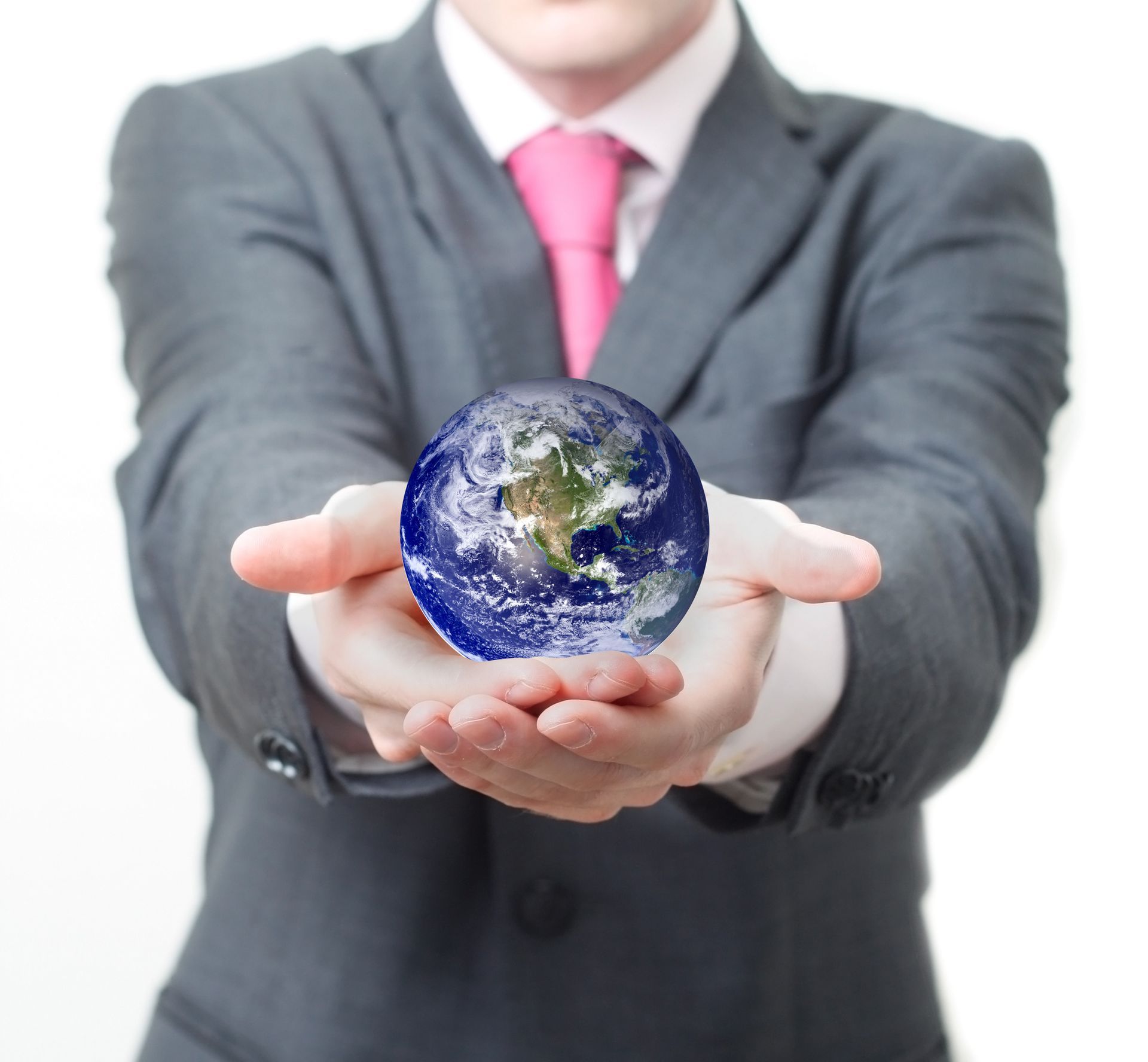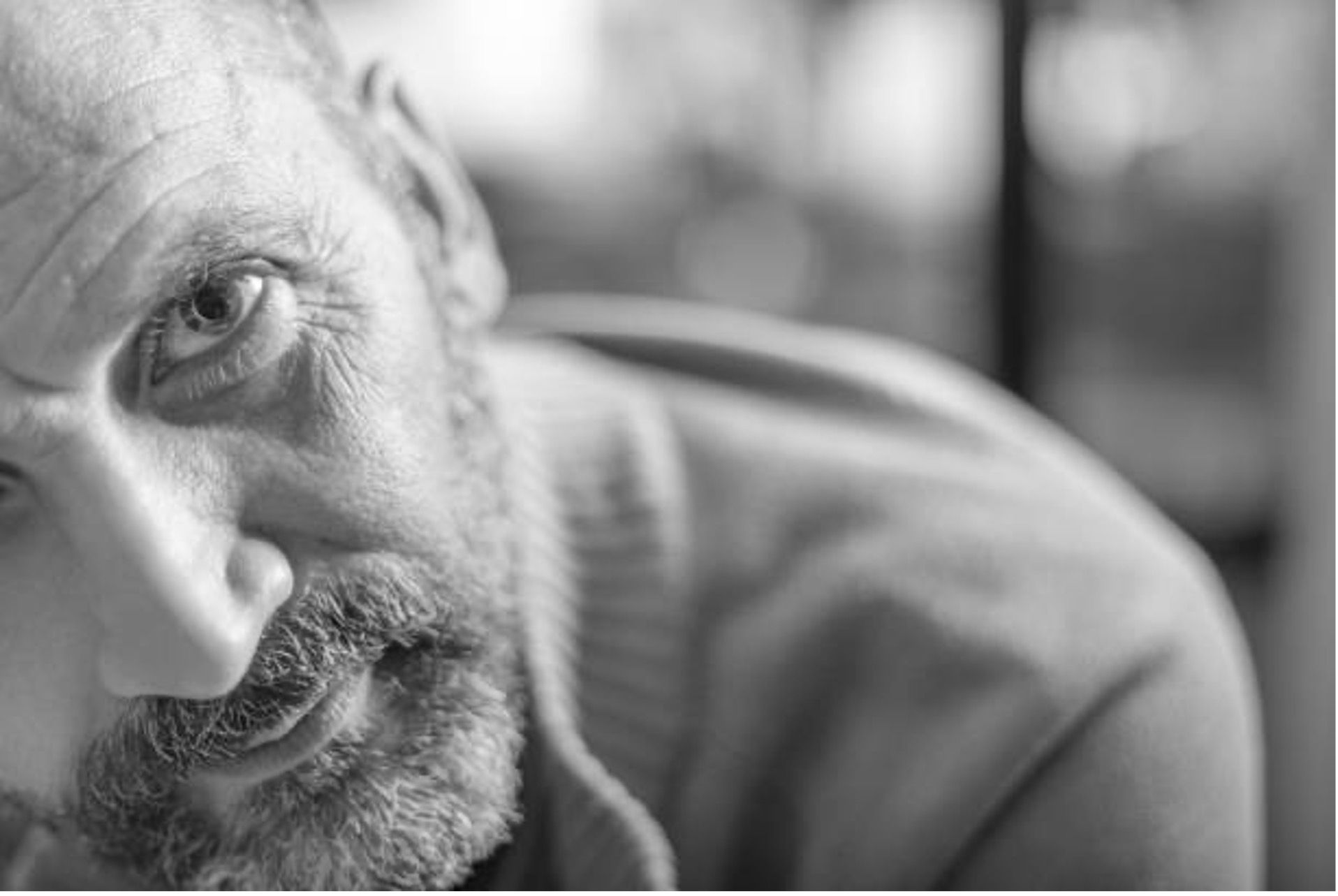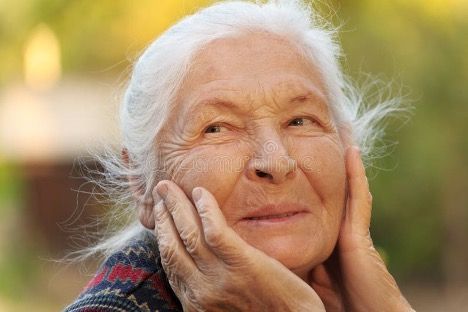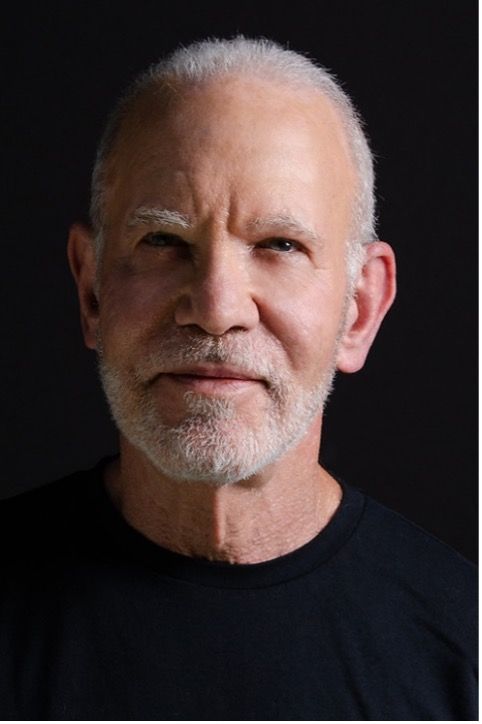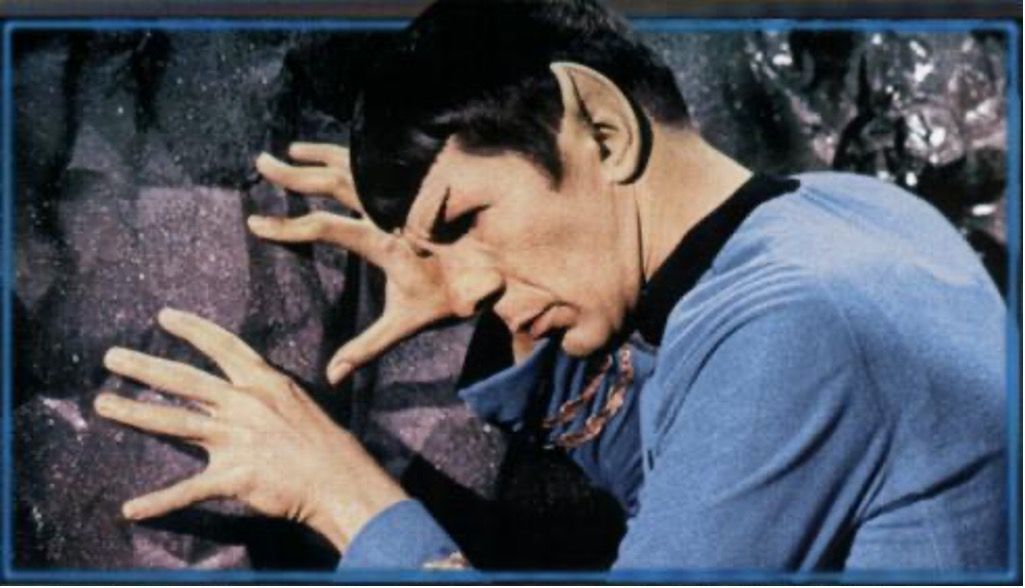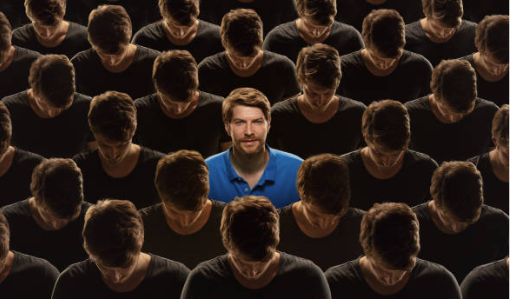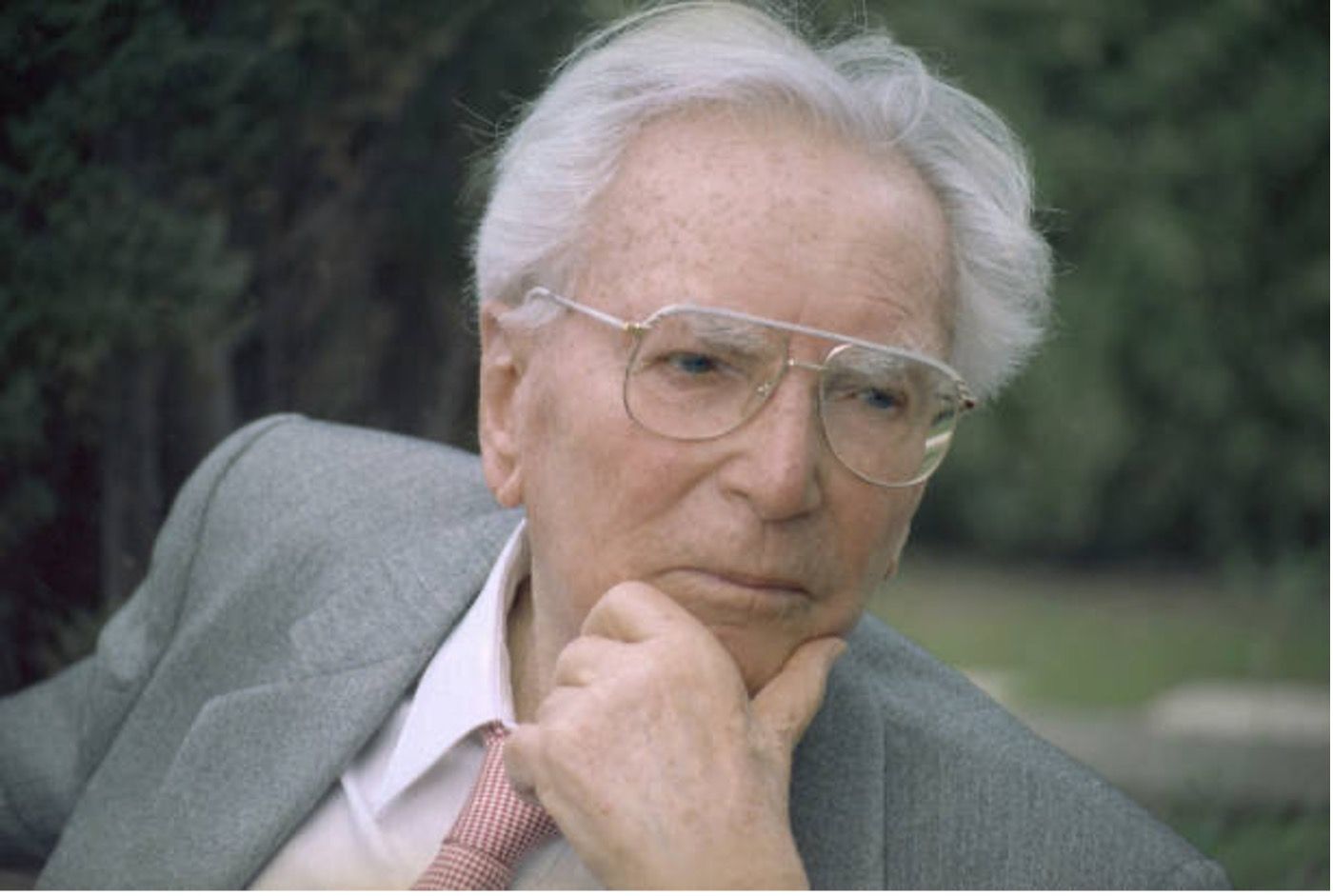ELDER AS A DISRUPTIVE TECHNOLOGY
ELDER AS A DISRUPTIVE TECHNOLOGY
A Prospectus for Investors & Stakeholders

To:
Angel Investors, Venture Capital, Private Equity Investors, Crowdfunding Investors, Institutional Investors, Corporate Investors, Sovereign Investors, Proven Entrepreneurs, State and Federal Government Officials, Business Organizations, and Nonprofits.
Cc:
Former senior executives, experienced business owners, seasoned, long-term healthcare providers, career academicians, tenured board directors, foundation officials, writers, and poets, and those who can thoughtfully consider Elder as a disruptive technology.
Stakeholders are anyone who is going to get old.
From:
Dr. Marc Cooper, DDS, MSD, CPC
The Contemporary Elder Institute
Founder, Teacher, Benefactor
Author of The Elder, SOURCE, Older to Elder
www.requestingwisdom.com – Enterprise Website
www.drmarcbcooper.com – Author Site Website
www.linkedin.com/in/drmarcbcooper/ - Social Media
Date: 10/31/2024
FOR YOUR CONSIDERATION
Disruptive technologies emerge when certain conditions align within a market or industry. These conditions set the stage for significant shifts, allowing new technologies to reshape established ways of doing things.
Essential conditions include unmet and underserved needs, high costs, demographic shifts, and changes in social behavior. All these conditions are rapidly intensifying as the late-aged population continues its rapid expansion.
“Elder” will thrive under these conditions.
What You Get Paid For

Imagine sitting in your enterprise's boardroom or C-suite, reflecting on fulfilling your highest and hardest accountability.
You are charged with foreseeing the next disruptive technology – and then getting your organization there before others – being a "first mover." Catching the wave before it soaks everybody else.
Your job is to recognize new disruptive technologies before they become mainstream. Recent examples include artificial intelligence (AI) and machine learning, 5G connectivity, blockchain and cryptocurrency, CRISPR and gene editing, and quantum computing.
Whatever your industry, you’ve had these kinds of disruptive shifts.
A disruptive technology is an innovation that significantly alters or replaces existing technologies, industries, or markets. Tesla, Amazon, and the iPhone changed everything and everyone, and they were powerful enough to decimate well-established century-old industrial mainstays - Kmart, Kohl’s, even 7-11 – going, going, gone.
Elder will have the same level of impact in the late-aged market.
Disruptive technology starts by addressing a niche market or a less demanding customer base but eventually grows to displace established products or services, transforming industries and changing the competitive landscape.
The Contemporary Elder Institute (CEI) has been delivering Older to Elder for years in a continuously improving forms and processes.
Many for-profit and nonprofit organizations have emerged in the late-aging industry in the last decade, and hundreds of entities have developed products and programs for the “longevity” market.
The multitude of entities and pundits now listed on Google pages about growing old, late aging, and Elders makes this perfectly apparent. Stakes are firmly in the ground.
The entire late-aging landscape and societal conditions are ripening for a breakthrough in the understanding and behavior of growing old as an Elder.
Perfect Timing
At first glance, "Elder" may not sound like a typical disruptive technology. It doesn't come with flashy gadgets, complex algorithms, or groundbreaking AI systems.
Like any significant disruptive force, Elder will cause a fundamental shift in societal values, leadership models, and approaches to problem-solving.
Today, in our country, growing old is seen as an intractable and expensive problem—a problem for both the person growing old and everyone and every institution involved.
What solutions exist for the 10,000 people a day turning 65 in our country, whose life span will predictably extend into their mid-80s and more and more into their 90s?
Of the approximately $4 trillion spent on healthcare in the United States annually, a substantial portion—around 36-40%—is attributed to older adults, those aged 65 and older. This means approximately $1.4 to $1.6 trillion annually goes toward healthcare for this age group.
By 2050, healthcare spending on the 65+ population could be around $3 to $4 trillion annually, potentially consuming up to half of the projected healthcare expenditures due to the growing demand, cost of care, and longer life expectancies.
Medicare, Medicaid, insurance companies, hospitals, providers, medical schools, the extraordinarily increased diagnostic skills with AI, and our society's attitudes about increasing funding by increasing taxes—come on now, we’ve got a problem, a costly problem.
And anyone reading this, your chances of growing old are solid. You hope to be one of those, but what will it look like when you get there?
Elders can effectively address the core late-aged problems. For the late aged, these problems fly various flags: anxiety, anguish, loneliness, depression, isolation, stress, and fear, but it's the same vessel, just raising different flags.
All these conditions exacerbate chronic disease onset and severity. Bellows to the embers of cytokine reactions and intensity.
With their wisdom, experience, and ability to guide future generations, Elders will be recognized as those who can make growing old better, healthier, and more productive.
Elders will directly influence the economic, health, and social drivers in late aging.
Consider the demographic trends: populations around the world are aging. In many countries, people over 65 are the fastest-growing demographic group, living longer and healthier lives. This is undoubtedly true in all first-world countries.
By 2030, in the U.S., people 65 and older will become 21% of the population. The growth is now exponential: From 53 million in 2024 to 60 million people in 2030, this population will cross the "tipping point" to become a powerful voice in the Major Majority.
By 2050, those over 65 will have greater than 50% of the country’s wealth, dwarfing Bezos, Musk, and Zuckerberg, along with the Federal and state governments combined. Fifty percent of the wealth is the 800-pound gorilla.
Just to make the point:
Summary Comparison (Approximate Projections for 2025)
- Wealth of Americans 65+: $65–75 trillion
- U.S. GDP: $28 trillion
- Combined Value of Amazon, Meta, Microsoft, Google, and Apple: $10–11 trillion
Summary Comparison (Approximate Projections for 2050)
- Wealth of Americans 65+: $200 trillion
- U.S. GDP: $50–60 trillion
- Combined Value of Amazon, Meta, Microsoft, Google, and Apple: $15–20 trillion
Tyranny of the apparent - $200 trillion vs $20 trillion.
I suggest you consider that Elder has the potential and the wealth to drive significant change, leading to groundbreaking innovation and growth in late aging and the country.
Imagine the political clout this group will have. They will become the most influential voting block in our country.
Elders will have the strongest influence of the trillion-dollar club. Elon will become low man on the Totem pole. There is a strong potential to become an Elder-driven economy.
By 2050, this population will make up 45%, at 90 million strong. There will be more people over 65 than aged 15 and under. This will be the Big Bang. At this pivot point, the context will shift.
The shift, moving from a knowledge-based society to a wisdom-based society. A fundamental transformation is possible worldwide.
The Business Value and ROI of Elders
Historically, Elders have been mistakenly categorized and treated as "Olders." They have been sidelined in modern society as technology and industry have shifted towards younger, faster-moving generations.
But in this marginalization lives the opportunity. Elders are poised, and some, like me, are in the early stages of creating a new niche, redefining the concept of aging and leadership in the 21st century.
Understand that Elders are the custodians of intergenerational wisdom, capable of mentoring and guiding businesses and institutions. A most perplexing problem for many organizations is generational difference that Elders can solve.
Elders can foster cross-generational partnerships, blending the innovative energy of youth with the tempered wisdom of experience. This would have an enormous impact on company cultures. If “culture is king,” what’s Elder worth?
Elders can address complex, long-term problems that younger leaders lack the foresight to tackle effectively. What is resolving long-term complex problems worth in your organization?
Businesses that cater to or incorporate Elders stand to gain access to an immense repository of wisdom. AI cannot provide wisdom because wisdom is not constrained to information and data-anchored algorithms.
The best AI can do is forecast trends and possible patterns, which ain’t wisdom. Wisdom lives outside the box. In fact, wisdom is the container that holds the box.
Elders have sharpened their wisdom, being able to see deeper into the past, further into the future, and more broadly in the present to be able to make “the right call.”
Moreover, the market for products, services, and systems designed for the late aged is poised to explode—from healthcare technologies to focused education, employment opportunities, and wellness solutions. Elders see the future before it happens.
Listen Up Healthcare
Elders understand that Buddha was right when he spoke his four noble truths. The first noble truth is that life is suffering. In our culture, growing old generates significant suffering: isolation, loneliness, marginalization, uselessness, disregard, worthlessness, and neglect.
Becoming an Elder deconstructs these elements of suffering. In doing so, one finds one's path to wisdom, which alters these underlying causes of suffering.
Becoming an Elder disrupts the cultural conversations about growing old. With their wisdom comes peace, freedom, equanimity, and resilience.
There's a growing body of evidence that mental health significantly impacts systemic (physical) health, influencing conditions such as cardiovascular disease, diabetes, immune function, and even cancer.
This body of evidence supports the view that mental health is not separate from but deeply intertwined with systemic health. Consequently, improving mental health has broad benefits for overall physical health.
One route is certainly individual therapy, but another is developing the late aged as Elders. Therapy isn’t scalable; it’s one on one. Training and developing Eiders is scalable.
In 2050, what will relieving the suffering of the late-aged be worth in a market of 90 million? And realize that AI will have pushed suffering way down the generational ladder by this time, giving Elder wisdom a much broader market.
The Social and Economic Impact of Elders
Elder is not just about personal wisdom; it's about societal influence. Imagine boardrooms, government agencies, and institutions influenced by those with decades of lived experience grounded in purpose and long-term thinking.
Elders can disrupt the short-term, profit-driven focus that dominates much of the corporate world by offering perspectives on sustainability, inclusivity, and resilience. Elders can move corporations from talking the talk to walking the walk.
Economically, elderhood holds untapped potential. Instead of relegating Elders to the sidelines of the workforce, forward-thinking companies will enlist them as advisors, coaches, and strategic thinkers.
Elders can and will transform business cultures and foster innovation that benefits from the Elder's long-term, macro-level perspective.
Summary
"Elder" is more than just a demographic or a stage of life; it's a transformative force. Elders, as both a concept and a societal role, represent the next disruptive technology, poised to reshape industries and markets and how we approach leadership.
Invitation for Consideration
After reading this post and watching this video, hearing and seeing how an Elder thinks, how an Elder is in life, and having an experience of an Eder, if you see Elder for your investment portfolio, and want to talk about, send me a quick note on LinkedIn. https://www.linkedin.com/in/drmarcbcooper/
I don’t need an NDA for us to talk about Elder.
Experience Elder – A Video
The content above is informational and knowledge-based. However, knowledge without experience does not last, and if not anchored to experience, knowledge has a short shelf life.
Every week, I converse with people of various ages, countries, backgrounds, and institutions about what it means to be a Contemporary Elder.
Here is an excerpt from a conversation with an early middle-aged Parisian and myself, a Contemporary Elder.
ARTICLE REFERENCE:

